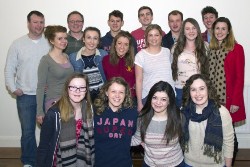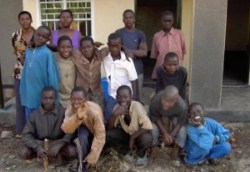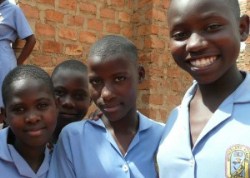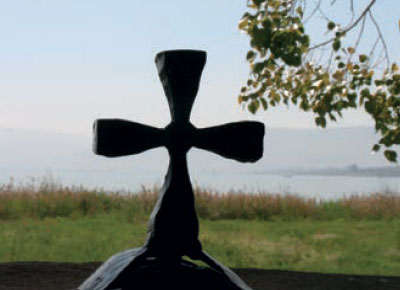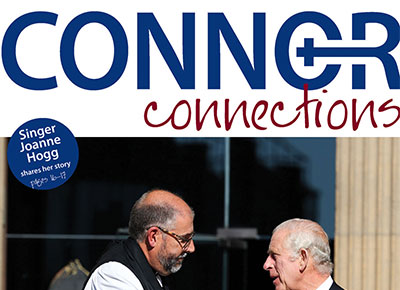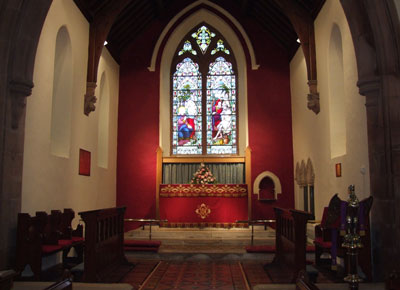Sleep on the Street prepares Hub team for Ugandan experience
A team from the Hub at Queen’s University had a taste of what life is like for Ugandan street children when they took part in a sponsored ‘Sleep on the Street’ on May 1.
The team spent 24 hours on the streets of Belfast to help them understand what it is like for the homeless young people living in Ugandan every day.
In June, 17 team members will travel to Uganda for two weeks to work on projects set up by two local charities – Abaana, and Waakisa Ministries.
The first project is Abaana’s New Life Homes Project. Abaana is a Bangor-based charity, with seven staff in Northern Ireland, and eight on the ground in Uganda.
Since 1998, Abaana has raised more than £1,500,000 to build schools, to provide clean water, medical care and education. It has also built six ‘New Life Homes’ for children at risk. These houses are each home to 10-12 street kids (boys). The goal of the project is to prepare the boys to attend the New Foundations School, and be placed with a foster family.
Waakisa Ministries is another charity founded locally, with a charity shop in East Belfast which raises support for their work, and the second project will work with the Waakisa Centre in Uganda. This aims to provide care and support to young vulnerable girls who are pregnant and alone and to deliver health education programmes to local schools and churches. The Centre currently hosts up to 50 girls and their babies.
The Hub is partnering with these two projects because they reflect many of the aims of The Hub’s work with its own students: providing homes, community, education and support.
The team will be supporting both projects through a variety of practical and manual tasks; by running children’s clubs; by assisting in education work; through schools’ work; and by providing relief work with street kids.
As a chaplaincy, the Hub wants to invest in the lives of those who go on the team, helping to cultivate their awareness of issues such as poverty, education, healthcare, housing – and how they might respond to such needs.
The Hub’s website states: “We want this to be the start of an ongoing relationship, supporting these projects alongside growing the potential for future teams. We also want to inspire each member of the team to engage further with these issues, and work with them beyond university.”
More details and information on how to support The Hub Ugandan projects is available on the chaplaincy website.
© Copyright The Church of Ireland Diocese of Connor 2024 | Web Design by LD2.digital
